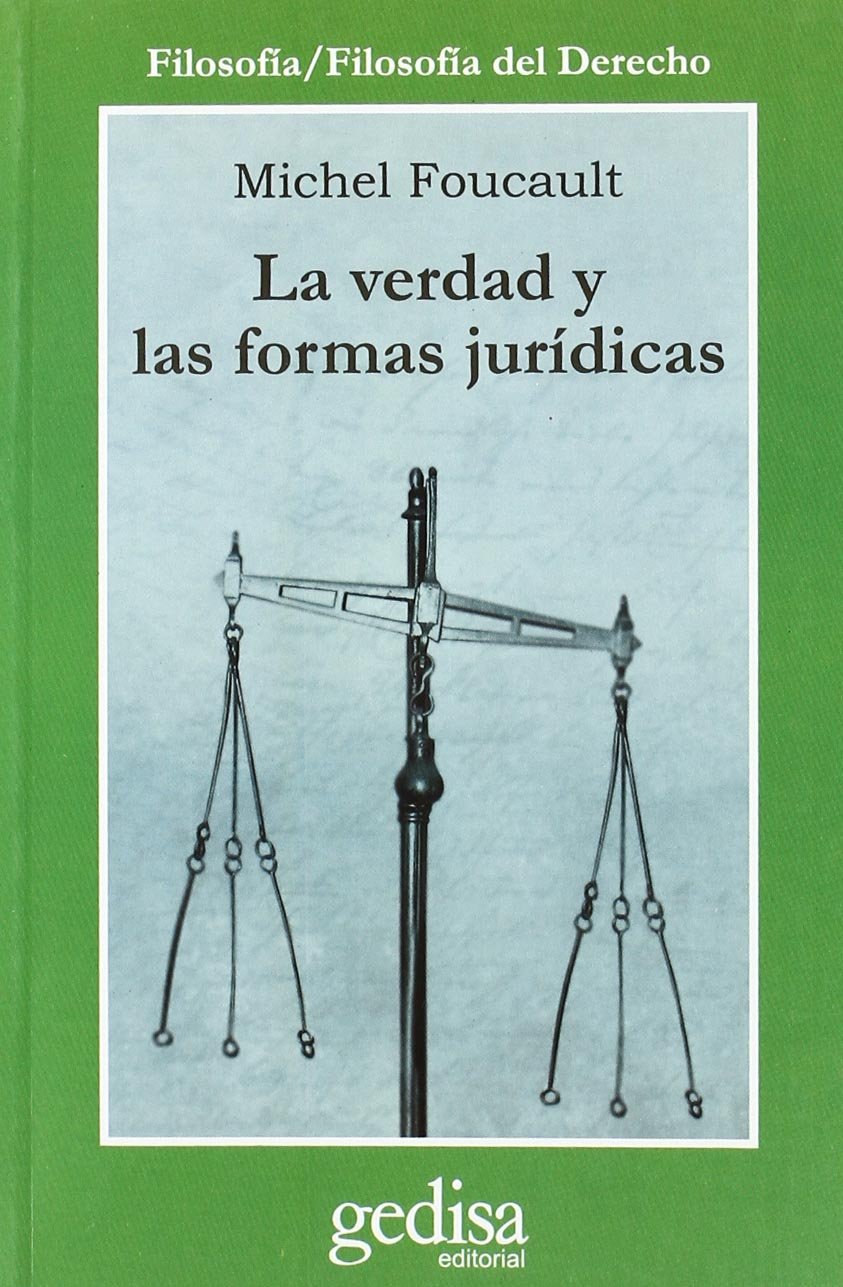
Estas cinco conferencias, dictadas por Michel Foucault en la Universidad Católica de Río de Janeiro en 1973, desarrollan las tesis básicas a partir de las cuales construiría más adelante una de sus obras principales: Vigilar y castigar, en la que examina el nacimiento de la prisión moderna como reflejo de las estrategias de vigilancia y control del poder a partir del siglo xix. Partiendo de una idea originaria de Nietzsche, Foucault investiga en la presente obra las formas de establecer la verdad en la Grecia antigua, en la Edad Media y en el Estado moderno. Así construye una genealogía del poder y de su paulatino entrelazamiento íntimo, oscuro y eficaz que configura la totalidad de las relaciones sociales de nuestra época.
Author

Michel Foucault was a French philosopher, social theorist and historian of ideas. He held a chair at the Collège de France with the title "History of Systems of Thought," but before he was Professor at University of Tunis, Tunisia, and then Professor at University Paris VIII. He lectured at several different Universities over the world as at the University at Buffalo, the University of California, Berkeley and University of São Paulo, University of Rio de Janeiro, Brazil. Foucault is best known for his critical studies of social institutions, most notably psychiatry, medicine, the human sciences and the prison system, as well as for his work on the history of human sexuality. His writings on power, knowledge, and discourse have been widely influential in academic circles. In the 1960s Foucault was associated with structuralism, a movement from which he distanced himself. Foucault also rejected the poststructuralist and postmodernist labels later attributed to him, preferring to classify his thought as a critical history of modernity rooted in Immanuel Kant. Foucault's project was particularly influenced by Nietzsche, his "genealogy of knowledge" being a direct allusion to Nietzsche's "genealogy of morality". In a late interview he definitively stated: "I am a Nietzschean." Foucault was listed as the most cited scholar in the humanities in 2007 by the ISI Web of Science.